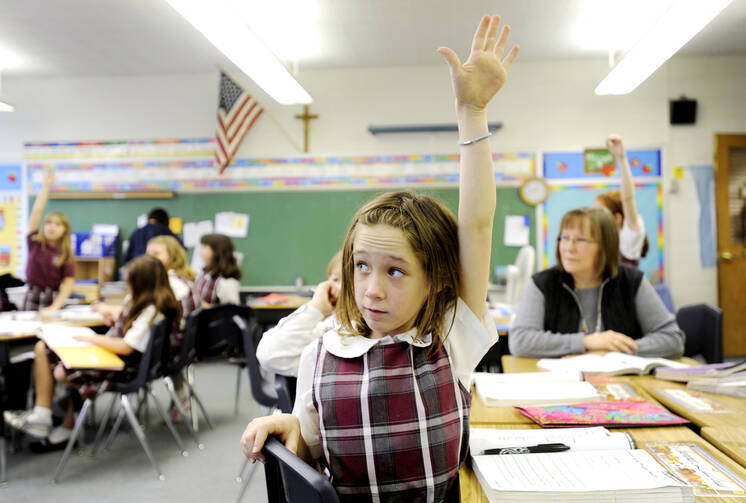One of the most influential texts for my teaching, thinking and writing, as well as for my own efforts to live faithfully as a lay Catholic is the Second Vatican Council document Gaudium et Spes, the Council's Pastoral Constitution on the Church in the Modern World. Just about every paragraph contains something worth savoring, but I return frequently to one section in particular.
It's one of the most well known paragraphs of the Council, and I reproduce it here below. I have highlighted in bold the area I want to focus on.
In every age, the church carries the responsibility of reading the signs of the times and of interpreting them in the light of the Gospel, if it is to carry out its task. In language intelligible to every generation, it should be able to answer the ever recurring questions which people ask about the meaning of this present life and of the life to come, and how one is related to the other. We must be aware of and understand the aspirations, the yearnings, and the often dramatic features of the world in which we live.
The above words have consequences for virtually every area of Christian life, but every year that goes by I realize they have special application in education. A Catholic school should be precisely where students can pose the "ever recurring questions" that accompany human beings.
Consider: Where else can students ask questions of this magnitude and hear something that approaches an answer? Where else will they find people who will journey patiently with them while investigating the great topics of theology and philosophy?
Catholic educators must not only teach truth, they must inspire a desire for it, a belief in it. They must inspire students to become participants in the search for meaning, not spectators. This is difficult. This means students must have the freedom to question, to argue, to challenge those ideas we most cherish, not as a pathway toward relativism but as a gateway toward truth. They need to sense the power of their intellects and the thrill of imagining new worlds, for only when reason is pushed to its limits do students appreciate what reason can deliver. As they question, they sharpen their minds, and they recognize empty philosophies and superficial arguments, as well as the possibilities for the life of faith.








